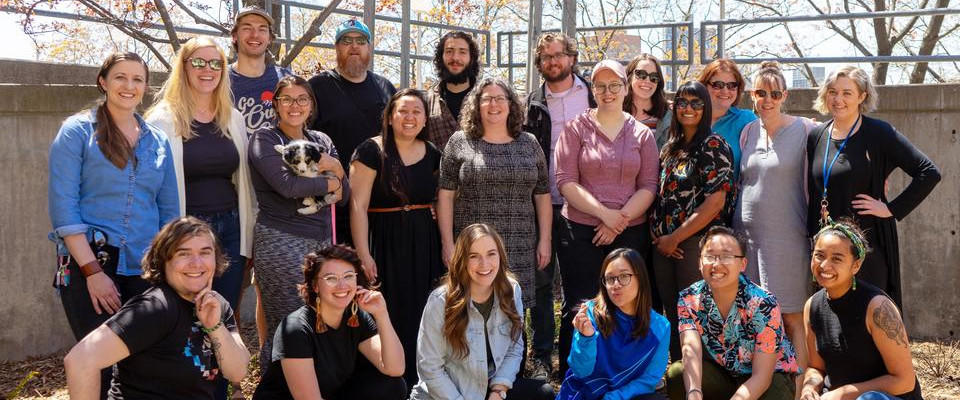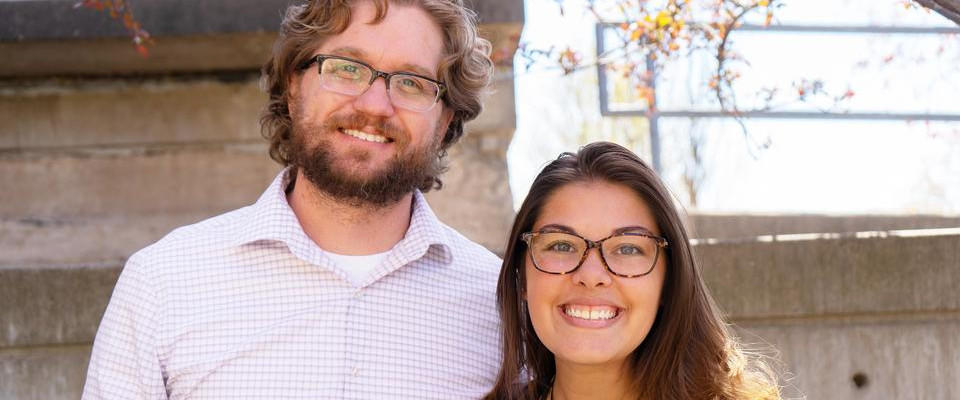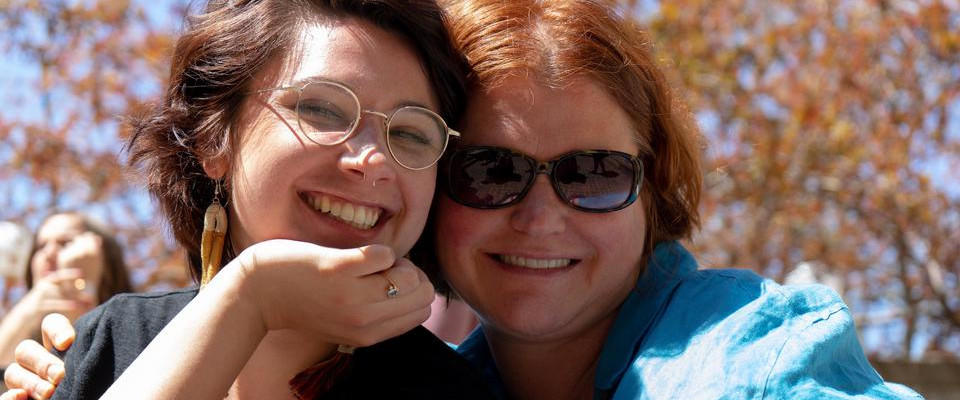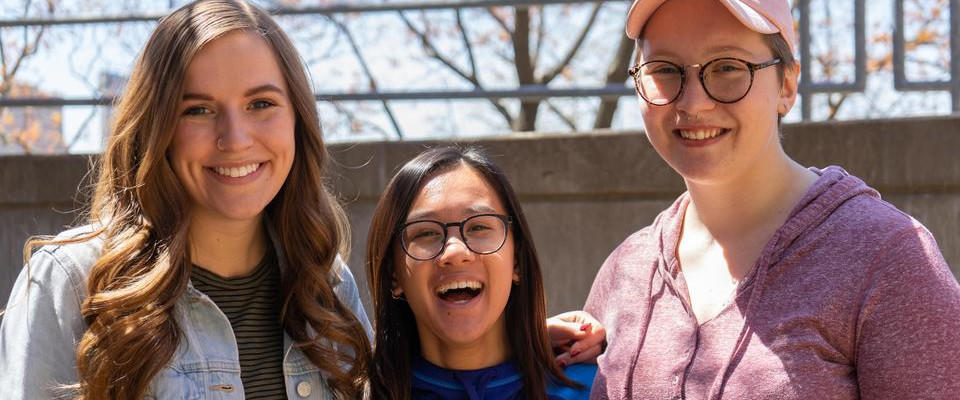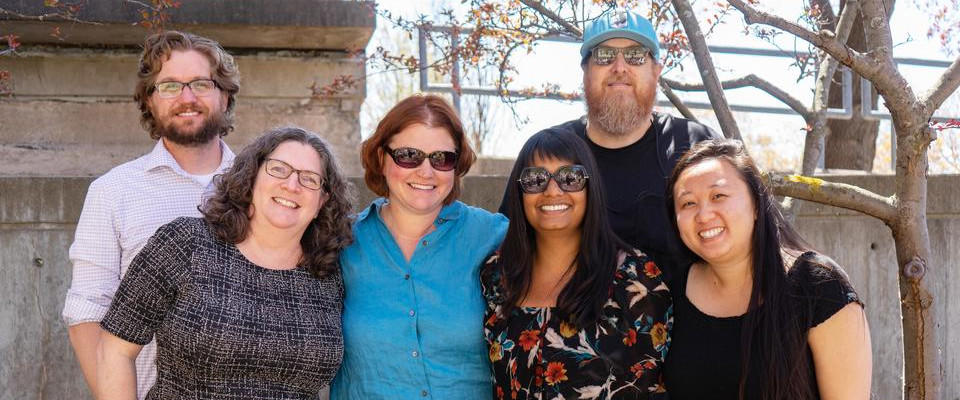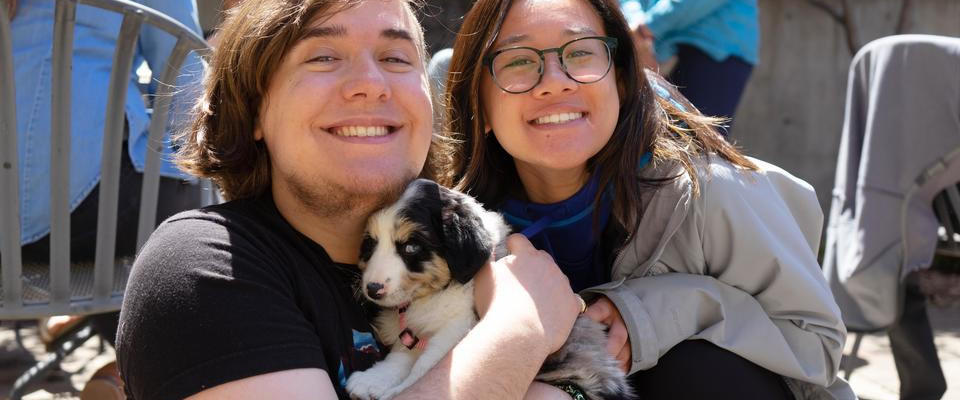
About Us
Mission
The University of Minnesota’s Center for Community-Engaged Learning (CCEL) is an essential academic resource for students, faculty, and staff seeking high-quality and meaningful opportunities to engage with communities in their learning, teaching, and research, and for community partners seeking reciprocal relationships with the University.
Vision
University students and graduates will be better informed, more engaged members of their communities who are empowered to work collaboratively, ethically, and respectfully toward a more just and equitable world.
Values Statements
Reflection and Learning
We believe it is everyone’s responsibility to always be learning about our world and ourselves. We advocate for reflective practice as a way of charting the course of our individual lives, and as well as for understanding the roots and realities of our deeply unequal society and identifying ways we can use our skills, talents, and passions for a better future.
Justice and Equity
We believe the deep and persistent inequalities in our society are systemic, structural, and rooted in history. We are motivated by a sense of urgency to name and challenge those inequalities in our effort to build a more just and equitable world through social change.
Empathy and Compassion
In addition to learning from our own experiences, we strive to understand lived experiences that differ from our own. We aim to uncover our biases and stereotypes, while cultivating empathy and compassion for those who do not benefit from our current social structures and systems.
Authentic and Reciprocal Relationships
We believe authentic relationships are rooted in mutual growth and shared benefit and are centered on honest feedback and a willingness to be vulnerable. We strive to address interpersonal and institutional power imbalances and recognize both individual and community strengths.
Connectedness, Care and Belonging
We believe in the power of connectedness, care, and belonging. As individuals, we are members of many communities, both on and off-campus. We believe that community engagement has the potential to transform our individual and our collective well-being.
What We Do
- Community-engaged learning classes: Each year CCEL supports over 115 academic courses across all colleges and departments that require or have an option to complete a hands-on project or project-based work within the community. This opportunity supports real-world experience and exploration and provides additional context to academic coursework.
- Volunteer peer advising: CCEL is partnered with over 300 local organizations and offers volunteer advising based on interests, experience, career path, academic studies, and goals.
- Community Engagement Scholars Program (CESP): The CCEL coordinates the Community Engagement Scholars Program, which provides recognition for undergraduate students' work within the community. This multifaceted program helps guide students in making meaningful contributions to local communities, compliments their undergraduate education and provides a transcript notation when they graduate.
- National Student Exchange: National Student Exchange (NSE) is another experiential education nonprofit hosted within the CCEL. NSE provides the opportunity to study away for a semester or an academic year at one of the 200 member institutions throughout the United States, Canada, and U.S. territories including Puerto Rico, Guam, and the U.S. Virgin Islands
History
We offer U of M students, community partners, faculty, and staff a range of information and resources about service-learning and community involvement. In 1989 the University of Minnesota–Twin Cities began to provide support for the development of academic service-learning in three classes. Today, our office supports more than 130 classes a year, located in more than 60 academic programs and 12 colleges on the Twin Cities campus.
